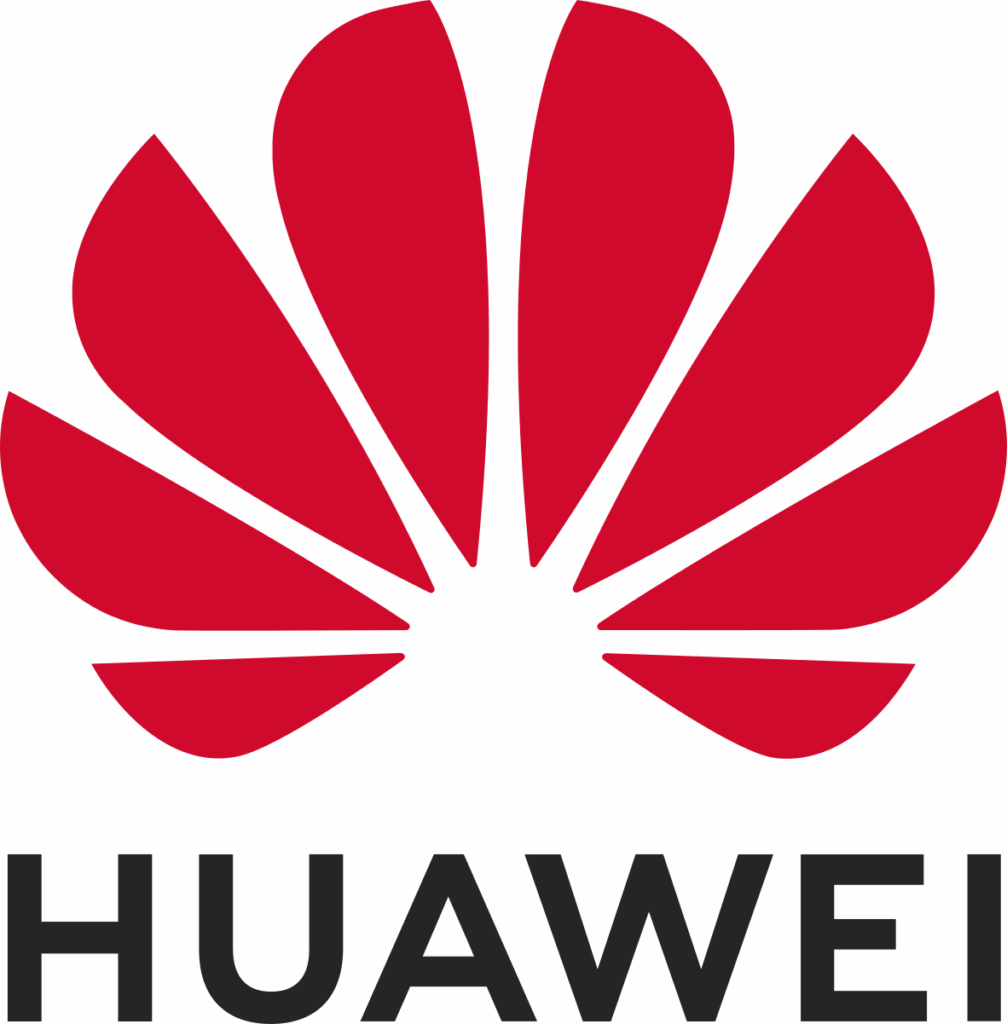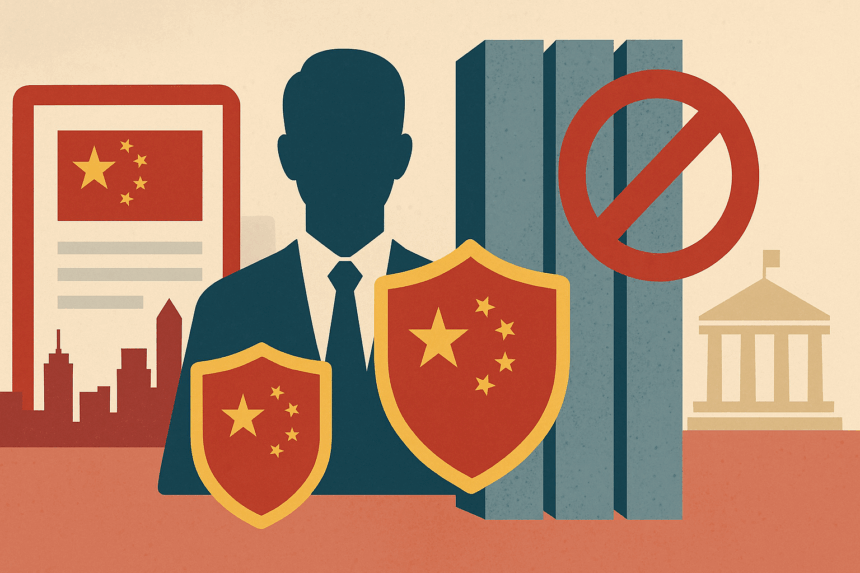Governments across the globe are tightening restrictions on Chinese technology firms. They cite fears over national security and intellectual property risks. Recent actions by both the Netherlands and China reveal how the semiconductor and AI industries are central to a global tug-of-war for technological dominance. In one of Europe’s most assertive acts to date, the Dutch government took direct control of Nexperia, a Chinese-owned chipmaker headquartered in Amsterdam. Meanwhile, in a swift countermeasure, Beijing blacklisted Canadian semiconductor analysis firm TechInsights for exposing Huawei’s reliance on foreign chips.
The developments exemplify the sharp escalation in technology protectionism. Governments are using national security laws to block access, restrict investment, and monitor data flows related to critical technology.
What’s Happening & Why This Matters
The Netherlands Intervenes in Nexperia
In unprecedented territory, the Netherlands invoked emergency powers under its Availability of Goods Act to assume oversight of Nexperia. They produce chips used in cars and consumer electronics. The decision follows worries that Wingtech Technology, Nexperia’s Chinese parent company, is transmitting sensitive semiconductor technology to China.

Although the government stopped short of nationalizing Nexperia, it now has the authority to block management decisions that endanger national or European security.
A spokesperson from the Dutch Ministry of Economic Affairs described the intervention as “necessary to protect crucial technological knowledge.” Nexperia’s wide bandgap semiconductors — vital for electric vehicles, AI data centers, and next-generation electronics — are seen as strategically sensitive to European industry.
Following the announcement, Wingtech’s shares dropped 10% on the Shanghai Stock Exchange. In response, Wingtech called the action “excessive interference driven by geopolitical bias.” They accused non-Chinese Nexperia executives of attempting a “power grab.”
The decision also mirrors ongoing cooperation between the Netherlands and the United States. Their cooperation is particularly around restricting Chinese access to ASML lithography machines — critical equipment for advanced chip manufacturing.
China Blacklists TechInsights for Huawei Revelations
Beijing’s retaliation was equally calculated. The Chinese Ministry of Commerce officially blacklisted TechInsights, labeling it an “Unreliable Entity.” This followed the Canadian firm’s revelation that Huawei’s latest AI processor still contained foreign-made chips from TSMC, Samsung Electronics, and SK Hynix.

The designation bans Chinese organizations and citizens from conducting transactions or sharing technical information with TechInsights. Beijing claimed the decision was made to “safeguard national sovereignty and development interests.” However, analysts view it as retaliation for revealing Huawei’s supply chain vulnerabilities.
TechInsights conducted chip teardowns of Huawei’s Ascend 910C AI processor, a domestic competitor to Nvidia’s AI chips. Its findings exposed China’s continued dependence on foreign suppliers despite years of government-led self-sufficiency campaigns.
In addition to TechInsights, China’s Ministry of Commerce also blacklisted Recorded Future — a U.S. cybersecurity firm — and BAE Systems, a leading American defense contractor. Both restrictions enhance its punitive scope.
Global Tech Competition and Political Fallout
The clash underscores how technology and geopolitics are increasingly inseparable. Nations once focused on free trade are now weaponizing industrial policy to protect strategic sectors.
U.S. President Donald Trump’s renewed tariff threats on Chinese goods already added pressure. Washington is employing its own blacklist of Chinese semiconductor companies. Western allies, including Japan, South Korea, and the EU, are aligning export controls to prevent the flow of AI-enabling hardware to Chinese firms.
Meanwhile, Beijing’s blacklist is a warning to foreign companies. Investigations that expose China’s technological dependencies come with severe diplomatic consequences.
Analysts believe this tit-for-tat escalation could reshape global supply chains. Europe, the U.S., and their allies are building semiconductor alliances to reduce reliance on Chinese manufacturing. Simultaneously, China is doubling down on domestic production, investing hundreds of billions through state-backed funds to close the gap.
TF Summary: What’s Next
TechFyle’s take: The world’s largest economies are fortifying their technological borders. The Netherlands’ move against Nexperia and China’s retaliation against TechInsights show how national security now outweighs market openness.
MY FORECAST: As semiconductor demand soars and AI becomes the backbone of modern economies, expect more government interventions targeting companies perceived as strategic risks. The global chip war is no longer a U.S.-China standoff. It’s a multinational tech sovereignty race shaping the future of innovation, trade, and power.
— Text-to-Speech (TTS) provided by gspeech


